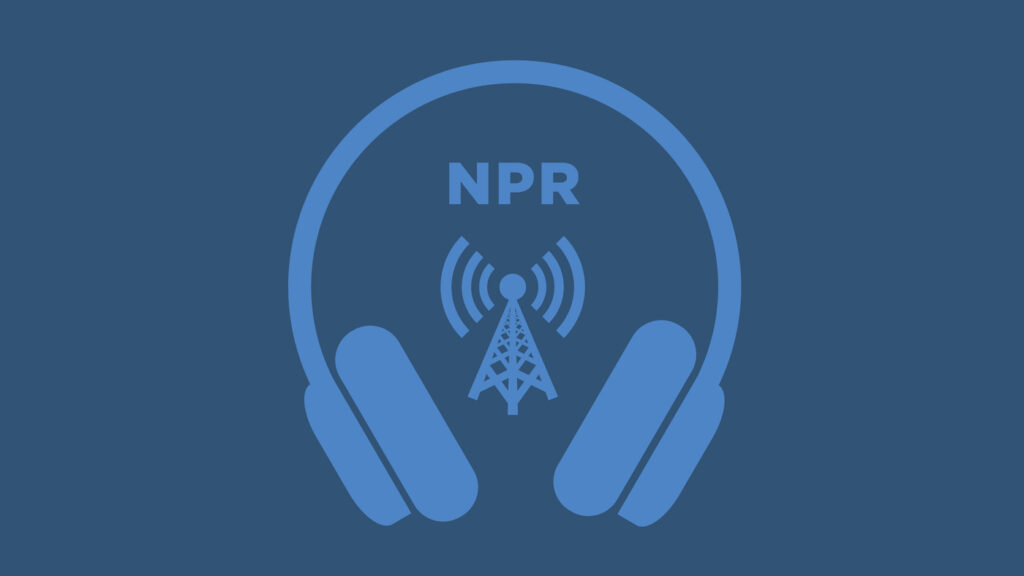The Senate’s recent passage of a GOP-sponsored spending bill has sparked significant discussion regarding its potential impact on Medicaid coverage. The bill, which passed on Tuesday, introduces a series of changes that could reshape the landscape of healthcare for millions of Americans. Julie Rovner, chief Washington correspondent for KFF Health News, provides insight into the bill’s implications.
Medicaid, a crucial program providing healthcare to low-income individuals and families, stands at the forefront of this legislative shift. The proposed changes have raised concerns among healthcare advocates and policy analysts who fear potential reductions in coverage and accessibility.
Key Changes in Medicaid Coverage
The GOP spending bill introduces several modifications to Medicaid, aiming to reduce federal spending on the program. One of the most significant changes involves the introduction of stricter eligibility requirements, which could potentially disqualify thousands of current beneficiaries. Additionally, the bill proposes a cap on federal funding, shifting more financial responsibility to the states.
According to Julie Rovner, these changes could lead to a substantial decrease in the number of individuals covered under Medicaid. “The introduction of work requirements and other eligibility restrictions could see many losing access to essential healthcare services,” she explains.
Context and Historical Parallels
This legislative move is not without precedent. Similar efforts to reform Medicaid have been seen in the past, particularly during the Reagan administration, which also sought to curtail federal spending on social programs. However, the current political climate and economic pressures add a new layer of complexity to the issue.
Historically, attempts to reduce Medicaid funding have faced significant pushback from both the public and advocacy groups. The potential impact on vulnerable populations, including children, the elderly, and disabled individuals, often galvanizes opposition to such measures.
Expert Opinions and Reactions
Healthcare experts and policymakers have voiced varied opinions on the proposed changes. While some argue that the bill is a necessary step towards fiscal responsibility, others warn of the dire consequences for public health.
Dr. Emily Johnson, a healthcare policy analyst, notes, “Reducing Medicaid funding could lead to increased healthcare costs in the long term, as more individuals might turn to emergency services for basic care.” She emphasizes the importance of maintaining robust healthcare coverage to prevent such scenarios.
According to a recent study, nearly 75 million Americans rely on Medicaid for their healthcare needs, underscoring the program’s critical role in the nation’s healthcare system.
Implications and Future Outlook
The passage of the GOP spending bill in the Senate marks a pivotal moment in the ongoing debate over healthcare reform. As the bill moves to the House of Representatives, its future remains uncertain, with potential amendments and negotiations likely to shape its final form.
Meanwhile, advocacy groups are mobilizing efforts to oppose the changes, highlighting the potential human cost of reduced Medicaid access. The outcome of this legislative battle will have far-reaching implications for the future of healthcare in the United States.
As the nation awaits further developments, the conversation surrounding Medicaid and healthcare reform continues to evolve, reflecting broader societal values and priorities.
